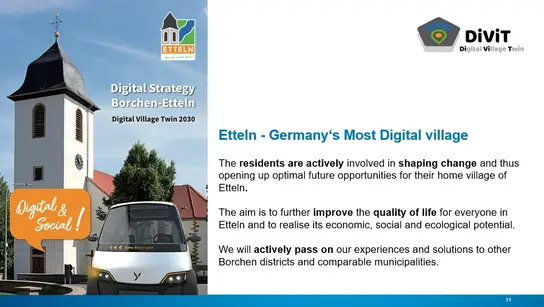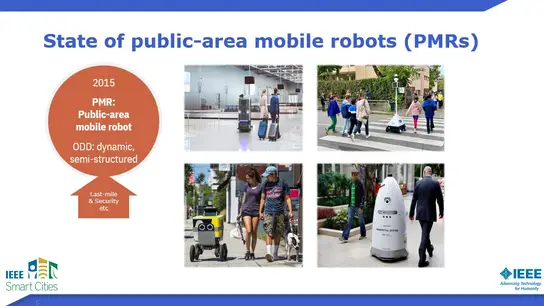-
Members: FreeSponsoring Society
IEEE Members: $11.00
Non-members: $15.00Pages/Slides: 30
07 Nov 2019
Inadequate electric grid capacity, reliability, stability, and quality of service have traditionally been addressed by expansion of utility network infrastructure, specifically generation, transmission, and distribution facilities (i.e., "wires" components). Environmental and other barriers, capital and O&M costs, and functional limitations increasingly inhibit their deployment and operational effectiveness. Nonutility distributed energy resources (DER), which are proliferating at an ever-increasing pace, can be helpful. These include wind generators, solar PV, combined heat and power (CHP), batteries, microgrids, premises energy management systems, smart appliances and equipment, even conservation and energy efficiency. To leverage these, new utility and nonutility monitoring and control systems (e.g., demand side management or DSM, automated distribution management systems or ADMS, and DER management systems or DERMS) are being deployed. Utilization of these and other new components and systems can reduce or even eliminate the need for additional utility wires infrastructure. Learn about these non-wires alternatives (NWA) and how they may change the planning, construction, and operation of the electric utility grid. Part 2 will cover some NWA and how they work
Primary Committee:
IEEE Smart Grid Webinar Series


